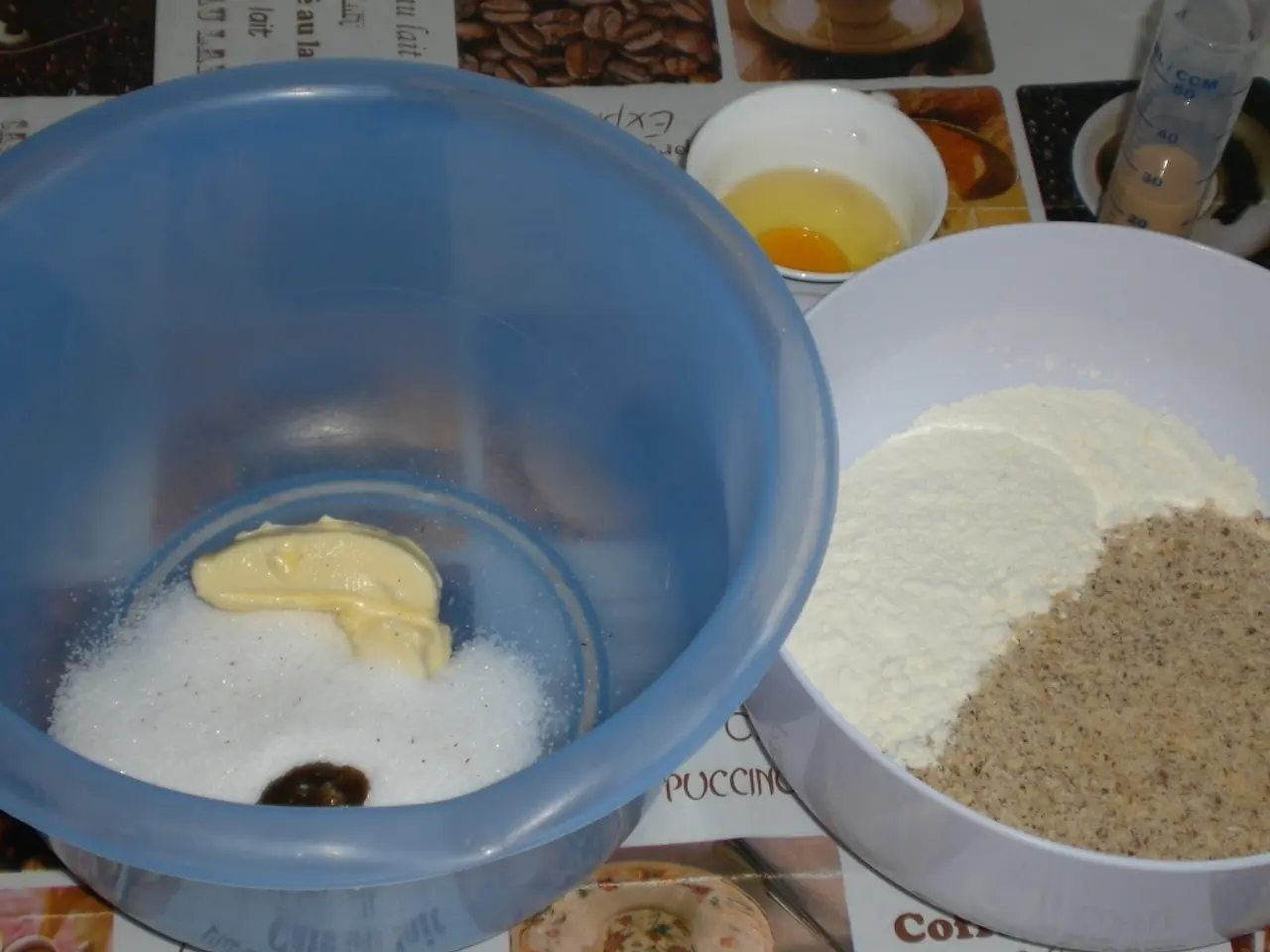Fecal Microbial Analysis: Process, Procedures, and Potential Hazards
In the realm of chronic and persistent bowel diseases, doctors have a valuable tool at their disposal: the fecal culture. The European Crohn's and Colitis Organisation (ECCO) has issued recommendations on when this test should be performed to aid in the diagnosis and treatment of such conditions.
A fecal culture is a laboratory test used to determine the types of bacteria present in the digestive tract. The test may indicate bacteria causing infections or diseases, or it may rule them out as the cause of symptoms. If a doctor suspects a food-borne illness, such as after eating uncooked eggs or improperly processed foods, or if the person has traveled outside the United States, a fecal culture may be ordered.
The process is straightforward. Your doctor will provide a container for a stool sample collection. The sample is collected using wax paper in the toilet bowl and returned to the doctor. The sample is then sent to a laboratory for analysis under a microscope.
The laboratory results help doctors determine the type of bacteria in the digestive system. If bacteria are found to be causing symptoms, the doctor uses the results to prescribe the appropriate antibiotic or treatment course. If bacteria aren't causing symptoms, other tests may be necessary.
It's important to note that a fecal culture is a risk-free method for doctors to learn about digestive system bacteria. However, handling the stool sample can potentially spread infectious pathogens. Therefore, it is crucial to wash hands thoroughly with antibacterial soap after collecting a stool sample to prevent the spread of pathogens.
For those who may find it difficult to produce a stool sample, consuming high-fiber foods can be beneficial. People with weakened immune systems may need antibiotics to help fight infections detected by a fecal culture test.
Symptoms that may prompt a fecal culture test include abdominal pain, cramping, nausea, vomiting, diarrhea, blood or mucus in stool, and fever. By identifying the cause of these symptoms, doctors can devise an appropriate treatment plan.
In conclusion, the fecal culture test is an essential diagnostic tool in the management of chronic and persistent bowel diseases. It provides valuable information about the bacteria in the digestive system, helping doctors to make informed decisions about treatment. As always, it's crucial to follow your doctor's instructions carefully when undergoing any medical test or treatment.
Read also:
- Trump's SNAP reductions and New York City Council's grocery delivery legislation: Problems for city residents highlighted
- Reducing dental expenses for elderlies in Sweden: Over 50% cut in charges for pensioners by the government
- Forty-year-old diet: A list of meal choices to savor
- Exiled Life's Conundrum: A Blend of Liberation, Disillusionment, and Distress






